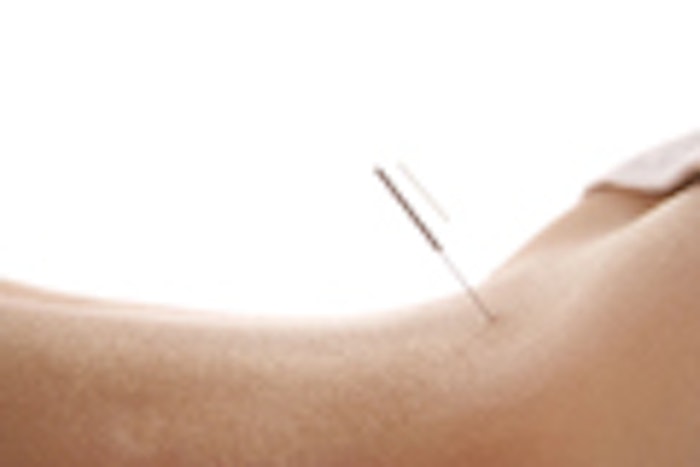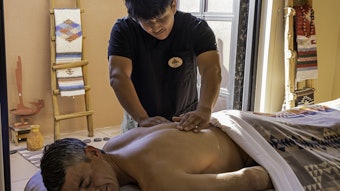
Showing a major opportunity for the development of alternative therapies, a new study shows many practicing clinicians aren't aware of federal government support of these types of treatments.
About 25% of practicing clinicians in the United States aren't aware of two major federal government-funded clinical trials of complementary and alternative (CAM) therapies, a new survey has found. The survey, which included 1,561 acupuncturists, naturopaths, internists and rheumatologists, also found that many clinicians aren't fully confident in their ability to interpret research results.
CAM therapies are widely used in the United States, but it's only been in recent years that rigorous studies of the safety and effectiveness of the treatments have been conducted, according to background information in the study. For example, the U.S. National Institutes of Health has spent more than $2 billion on research into CAM therapies in the past decade.
The survey found that 59% of the respondents were aware of at least one of two major clinical trails recently published on CAM therapies for osteoarthritis of the knee (one on acupuncture and one on the supplement glucosamine), and 23% were aware of both trials. Rheumatologists (49%) and acupuncturists (46%) were more likely to be aware of the acupuncture study than naturopaths (30%) and general internists (22%). Rheumatologists (88%) and internists (59%) were more likely to know about the glucosamine trial than naturopaths (39%) and acupuncturists (20%).
The survey also found that a minority of respondents said they were "very confident" in their ability to critically interpret research literature: 33% of rheumatologists, 25% of naturopaths, 20% of acupuncturists and 17% of internists. Most said they were "moderately confident": 67% of internists, 64% of naturopaths, 59% of acupuncturists and 59% of rheumatologists.
Respondents who were aware of CAM trials "were more likely to be rheumatologists, to be practicing in an institutional or academic setting, to have some research experience, to express greater ability to interpret evidence and to report greater acceptance of evidence," the researchers wrote.
The findings, which are in the April 13 issue of the journal Archives of Internal Medicine, suggest that the training, attitudes and experiences of clinicians may have a major effect on whether CAM trial results are translated into clinical practice. "For evidence from clinical research to have an impact on medical practice, health care professionals must first be aware of the research," wrote Jon C. Tilburt, MD, of the NIH and the Mayo Clinic in Rochester, Minnesota, and his colleagues. "Once aware, health care professionals must be able to interpret these findings, judging both their validity and their implications. Finally, they must apply the scientific evidence to their own practices."
They concluded that "concerted efforts must be undertaken that more deliberately train clinicians in critical appraisal, biostatistics and use of evidence-based resources, as well as expanded research opportunities, dedicated training experiences and improved dissemination of research results."
More information
The U.S. National Center for Complementary and Alternative Medicine has more about CAM therapies.
HealthDay News, April 13, 2009










